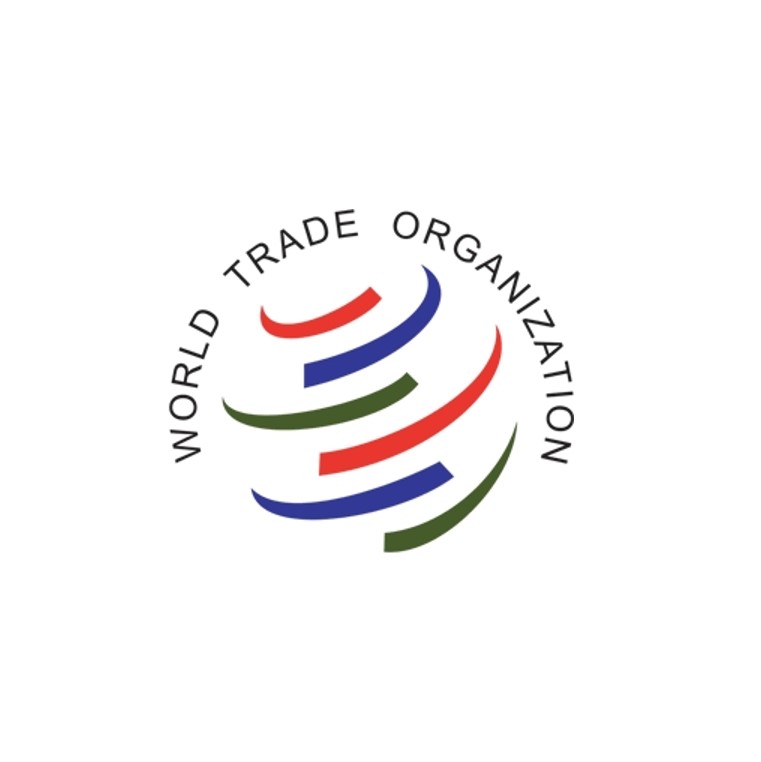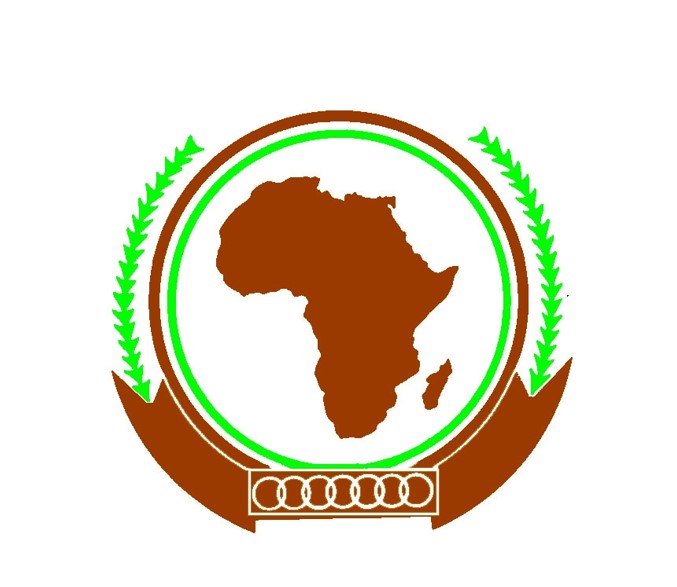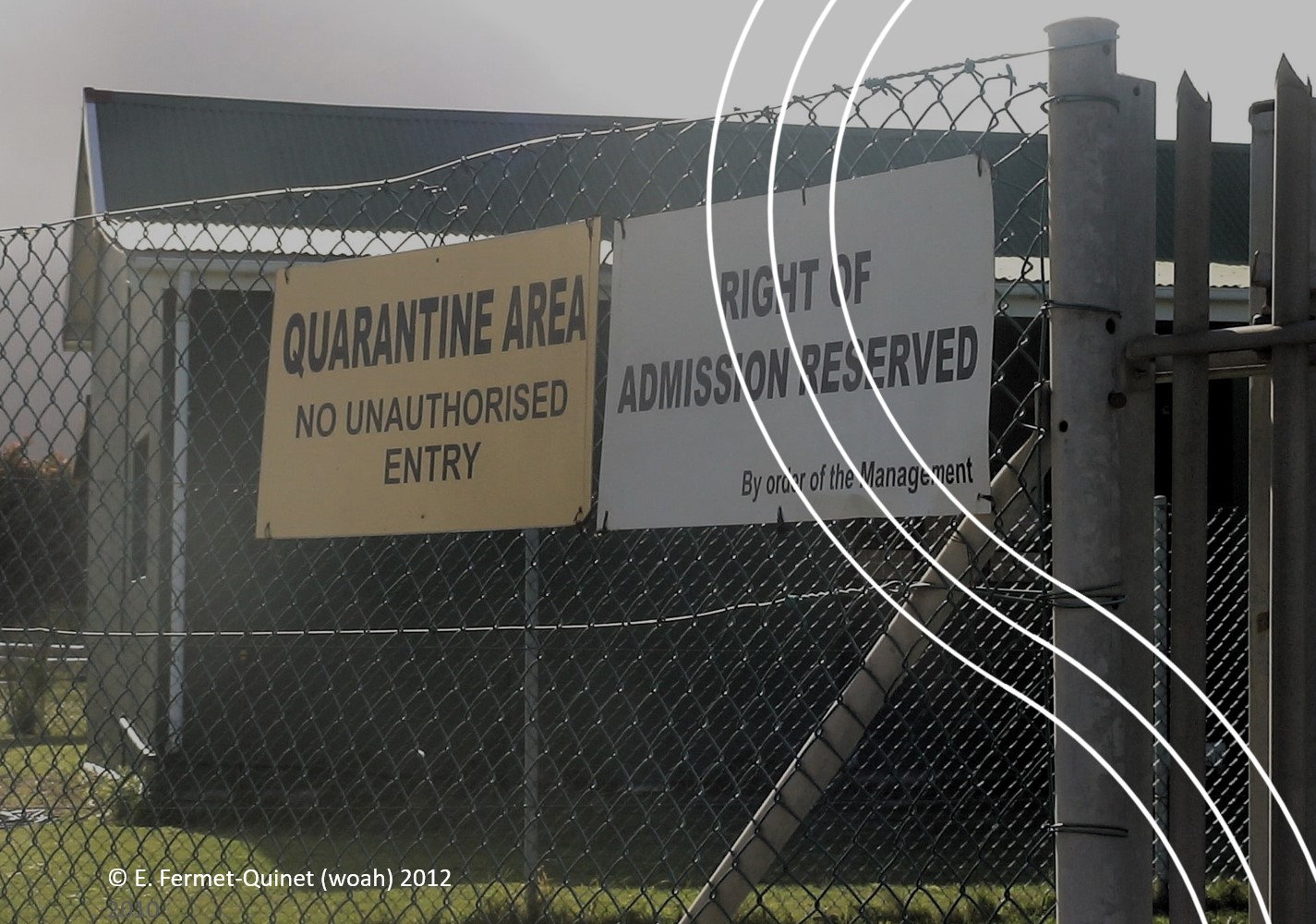
The African Union Sanitary and Phytosanitary (SPS) Policy Framework was developed in response to a request made by the Specialised Technical Committee on Agriculture, Rural Development, Water and Environment during its 2nd Ordinary Session in October 2017 and has been coordinated by the AU Department of Rural Economy and Agriculture (DREA). The Policy Framework hinges on Annex 7 of the African Continental Free Trade Agreement (AfCFTA), an annex which deals with the SPS provisions to safeguard human, animal and plant health in a liberalised continental marketplace, in very much the same way as the WTO SPS Agreement aims to ensure safe and healthy commodities on the world market stage.
The African Continental Free Trade Area is a free trade area founded in 2018, with trade commencing as of 1 January 2021. It was created by the African Continental Free Trade Agreement among 54 of the 55 African Union nations. The free-trade area is the largest in the world in terms of the number of participating countries since the formation of the World Trade Organization (WTO). The Agreement initially requires members to remove tariffs from 90% of goods, allowing free access to commodities, goods, and services across the continent. The United Nations Economic Commission for Africa estimates that the Agreement will boost intra-African trade by 52 percent by 2022. The proposal was set to come into force 30 days after ratification by 22 of the signatory states, meaning that the Agreement came into force 30 May 2019 and entered its operational phase following a summit on 7 July 2019.
The SPS Policy Framework for Africa justly highlighted a number of SPS challenges common across the African region, including (among others):
Whilst these challenges are not the exclusivity of Africa, WOAH recognises, through its long-standing engagement in Africa, with African Members, that these challenges are particularly prominent in the area of animal health, in Africa. Not only are the risk-mitigation measures very complex and often costly, but when they fail consequences can be dramatic, for trade, but even more so for public health. Through its suite of Performance of Veterinary Services (PVS) tools, WOAH lays bare shortcomings (but also strengths and prospects for improvement) in a large number of “critical competencies” (C.C) which are aligned with SPS issues, including the compliance with, and participation in SPS mechanisms itself (C.C. IV.3 and IV.4). Other such critical competencies cover (under “market access”) e.g. transparency, legislation, zoning and compartmentalisation, as trade facilitation mechanisms, whilst others (under “technical authority”) tackle more specific infra-structure and procedures, e.g. quarantine and border inspection, risk analysis, food safety, the control over veterinary drugs administered to farm / food-producing animals etc…



